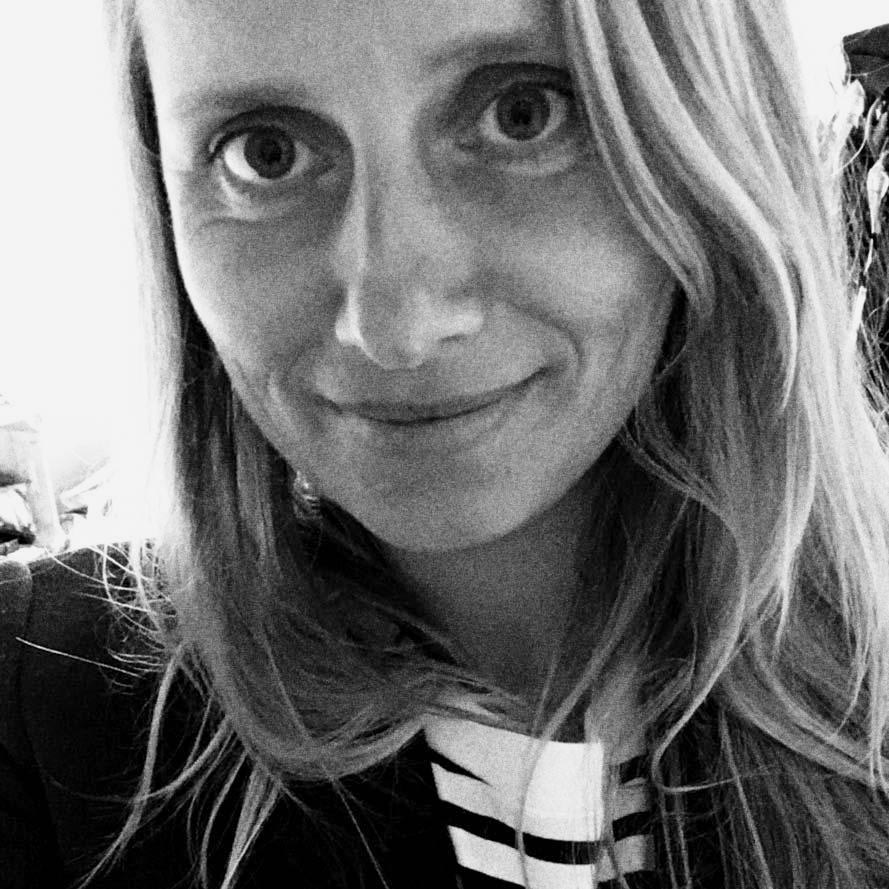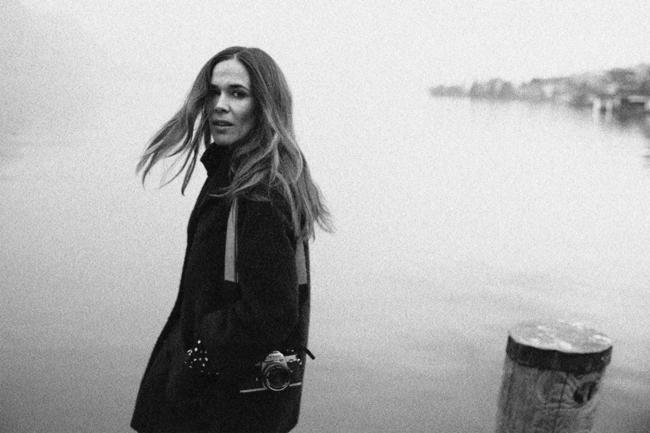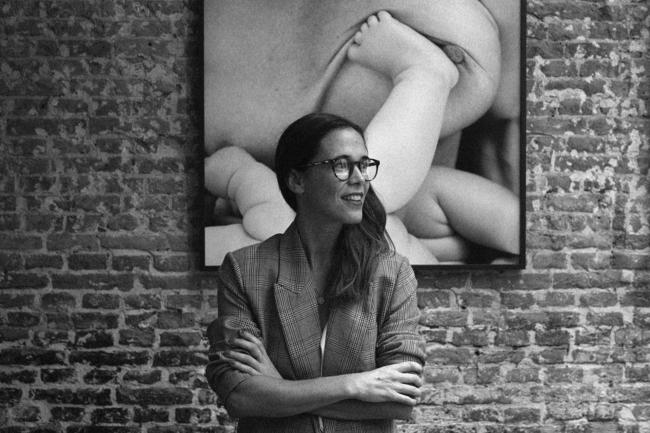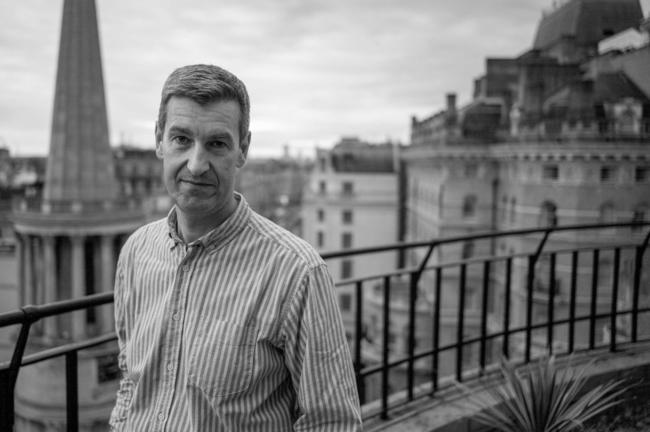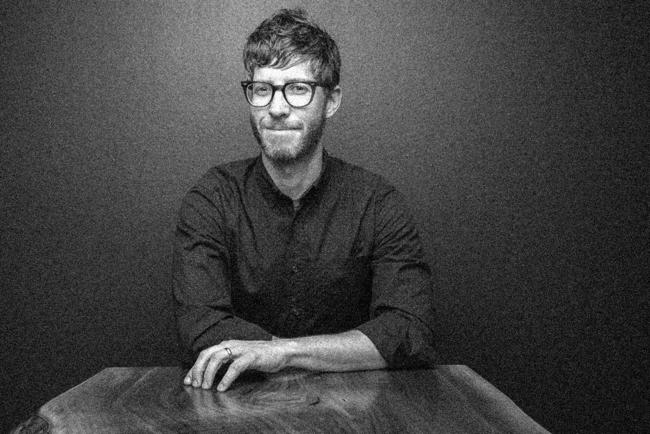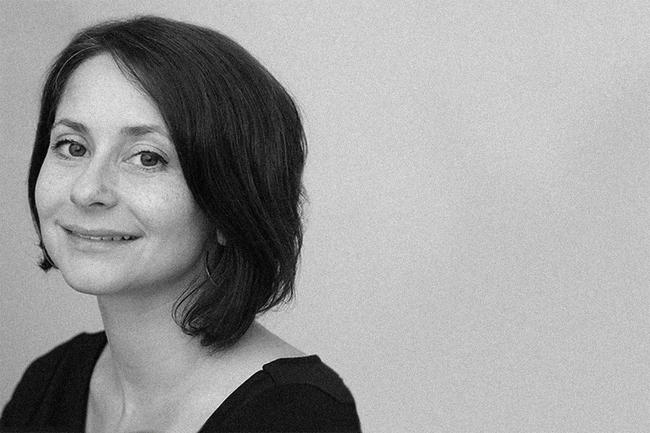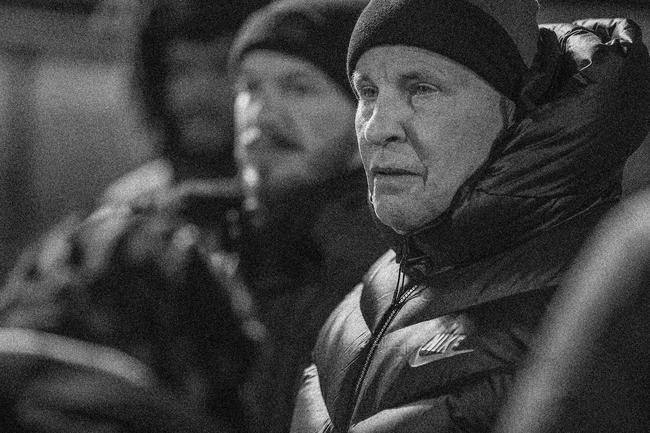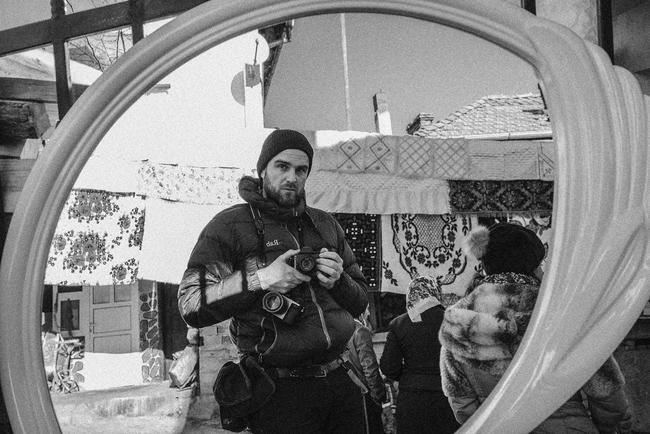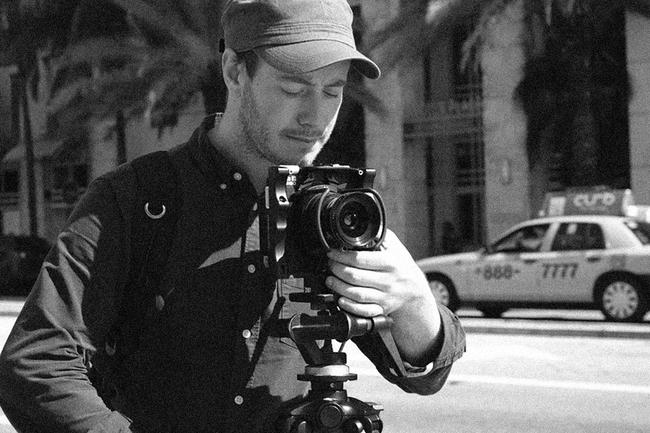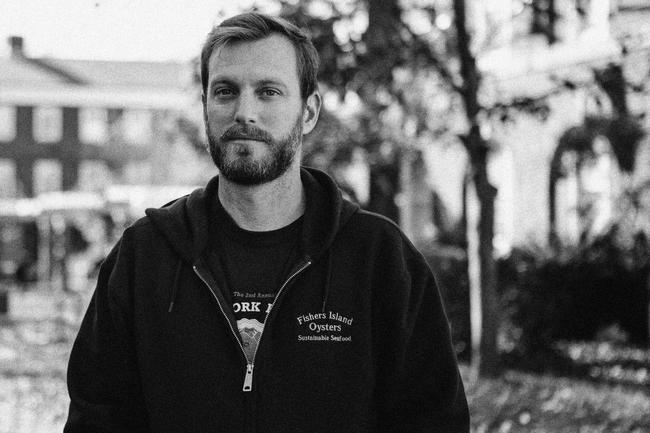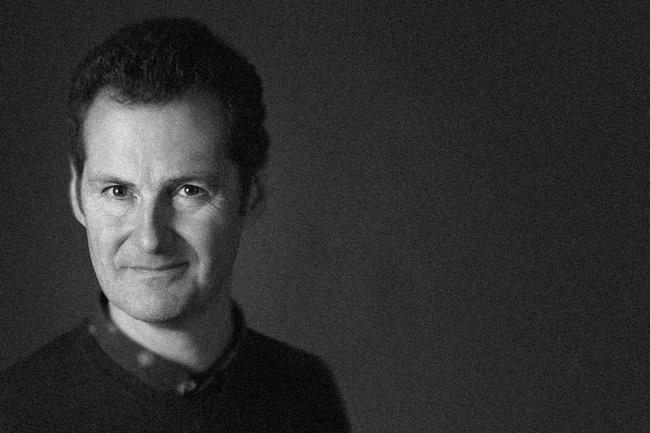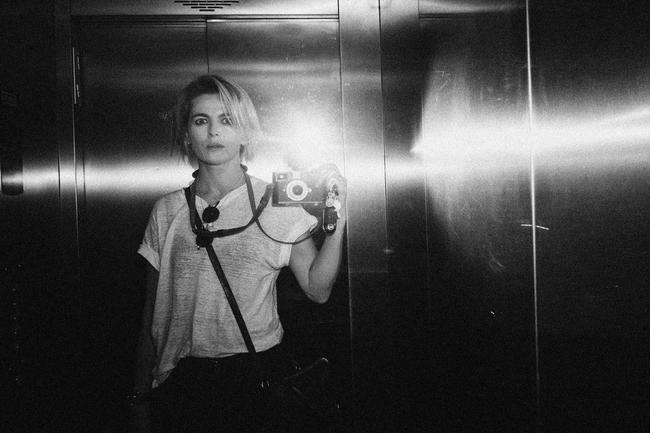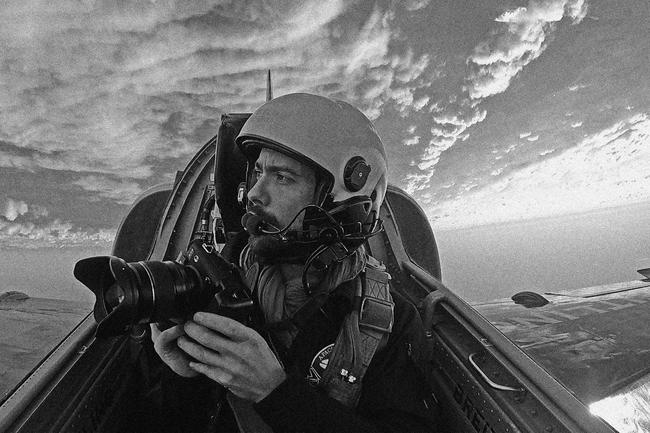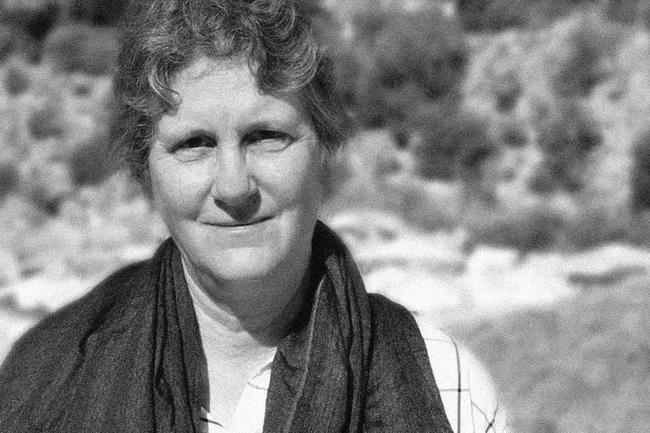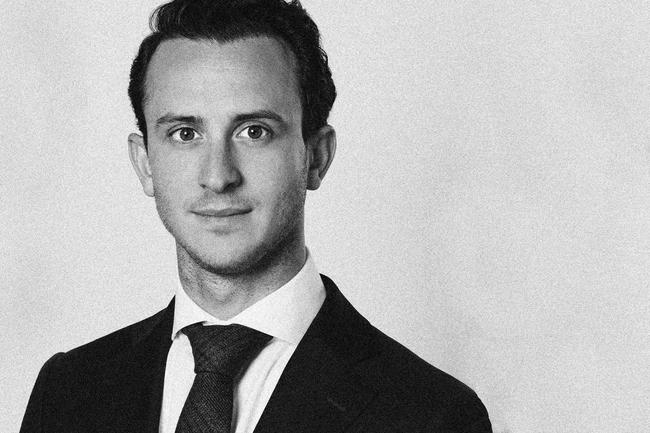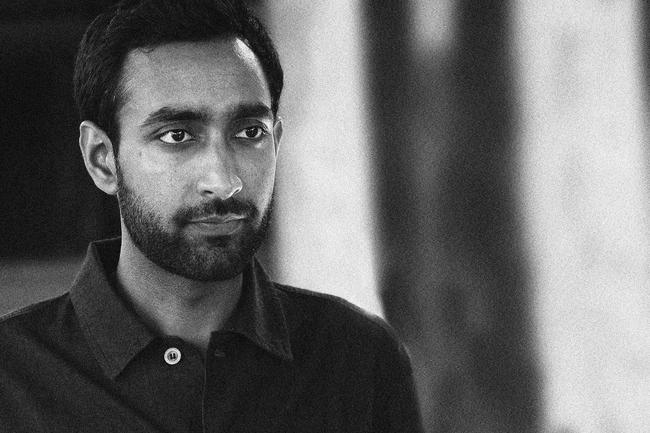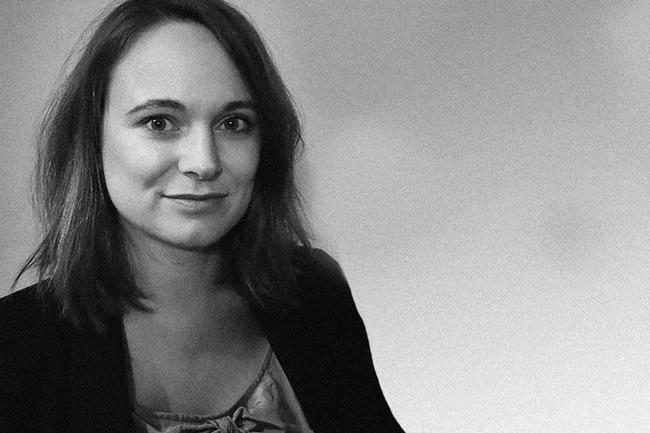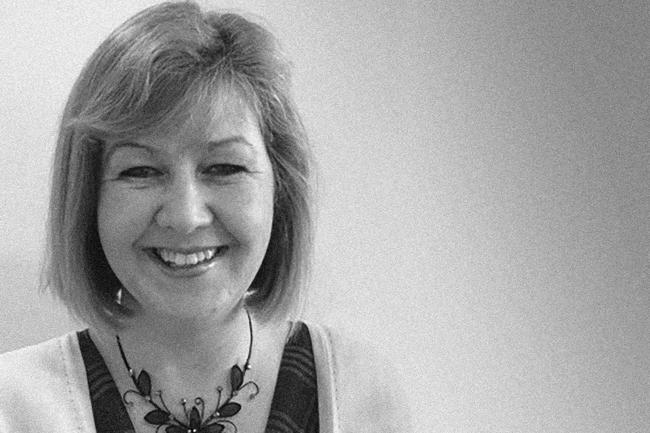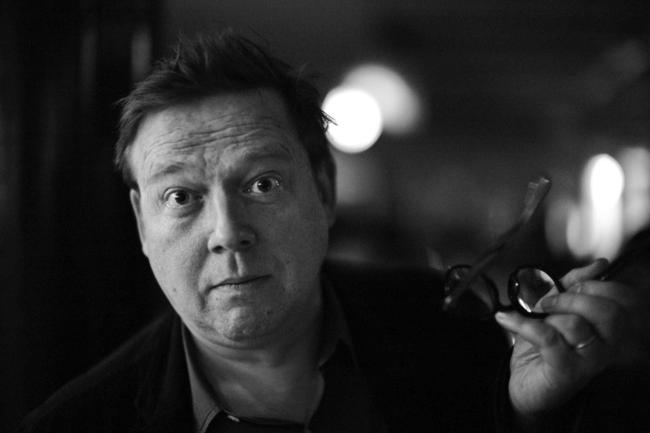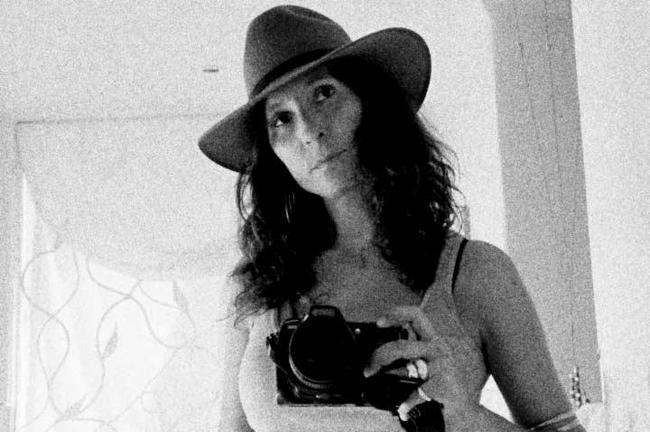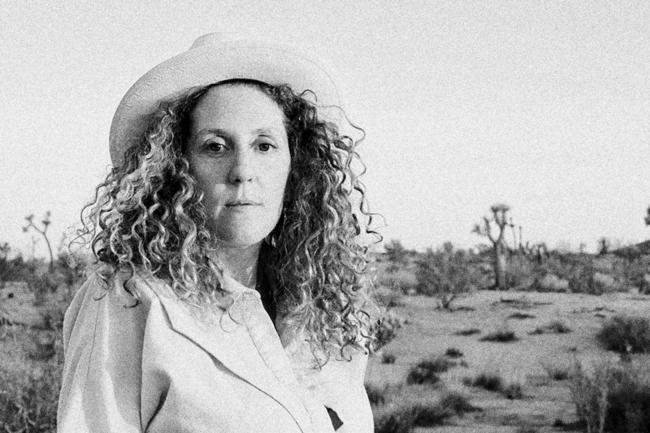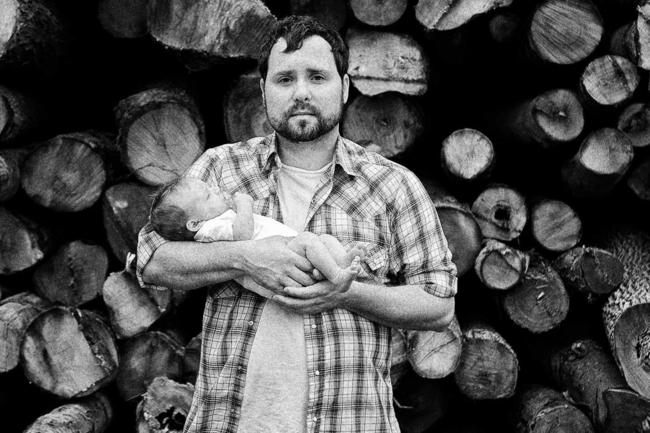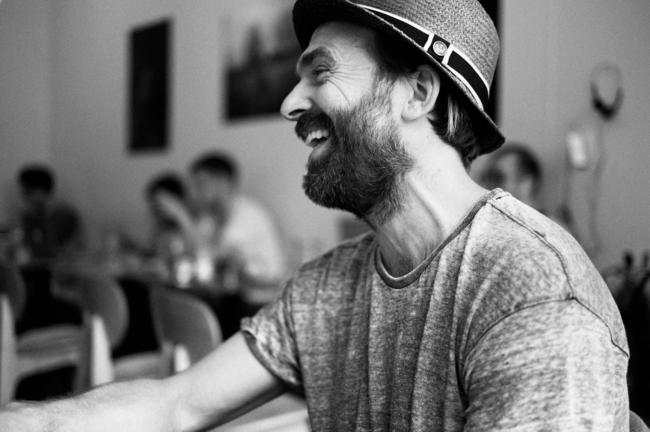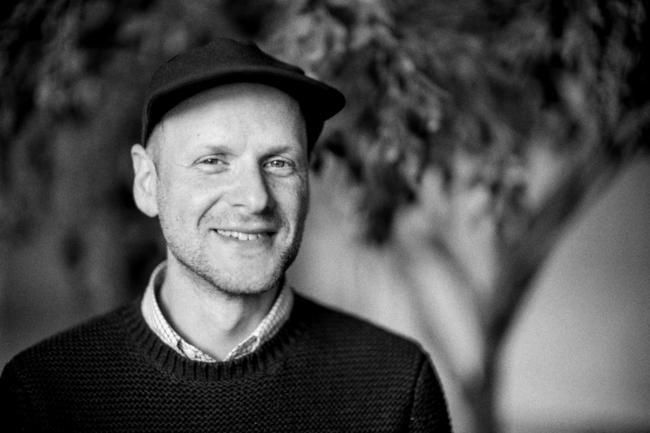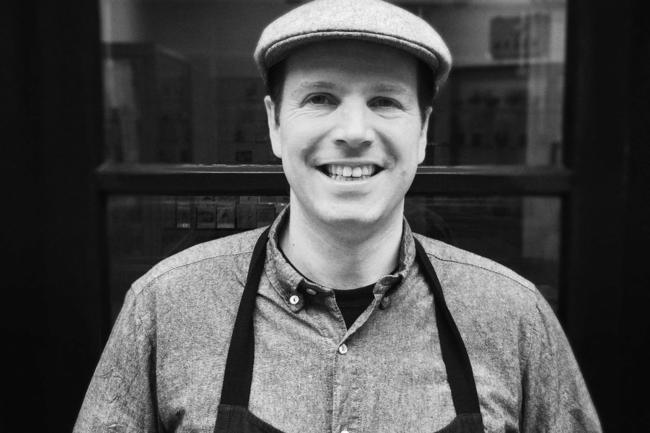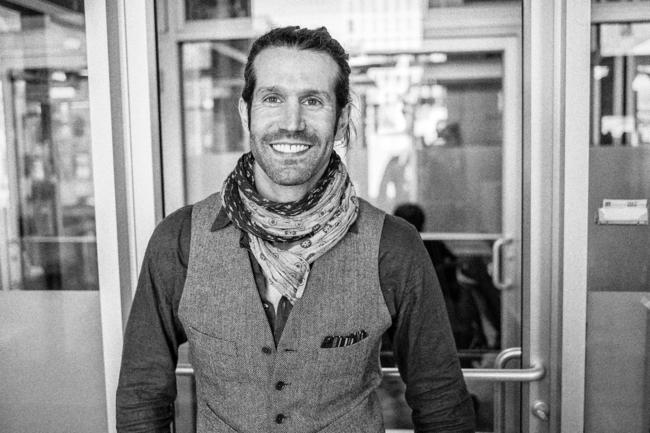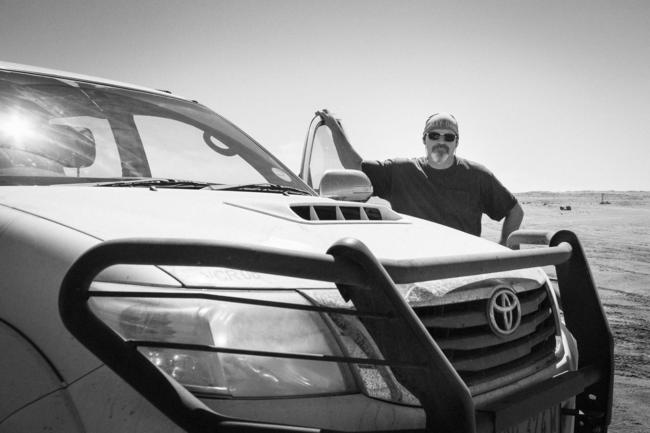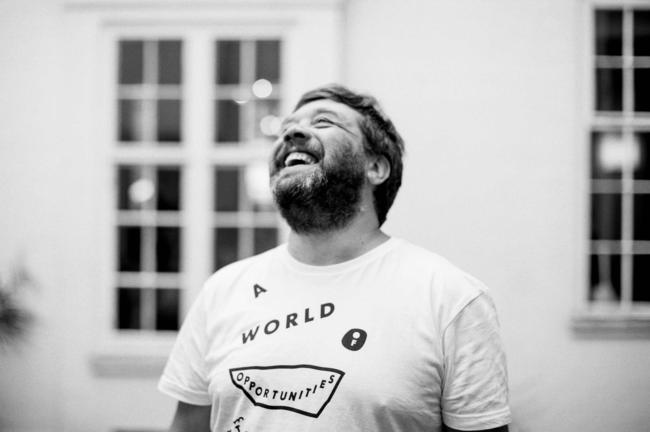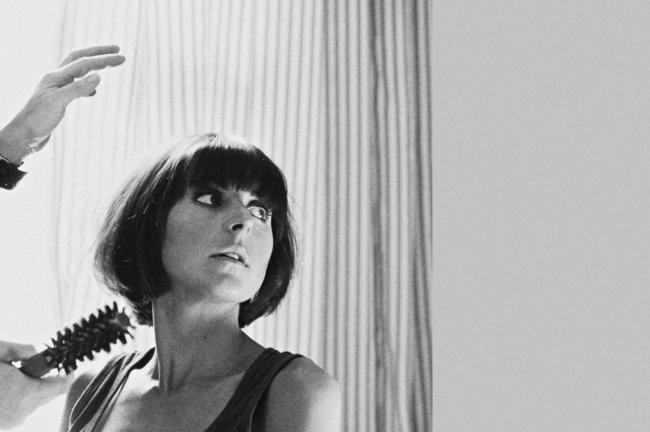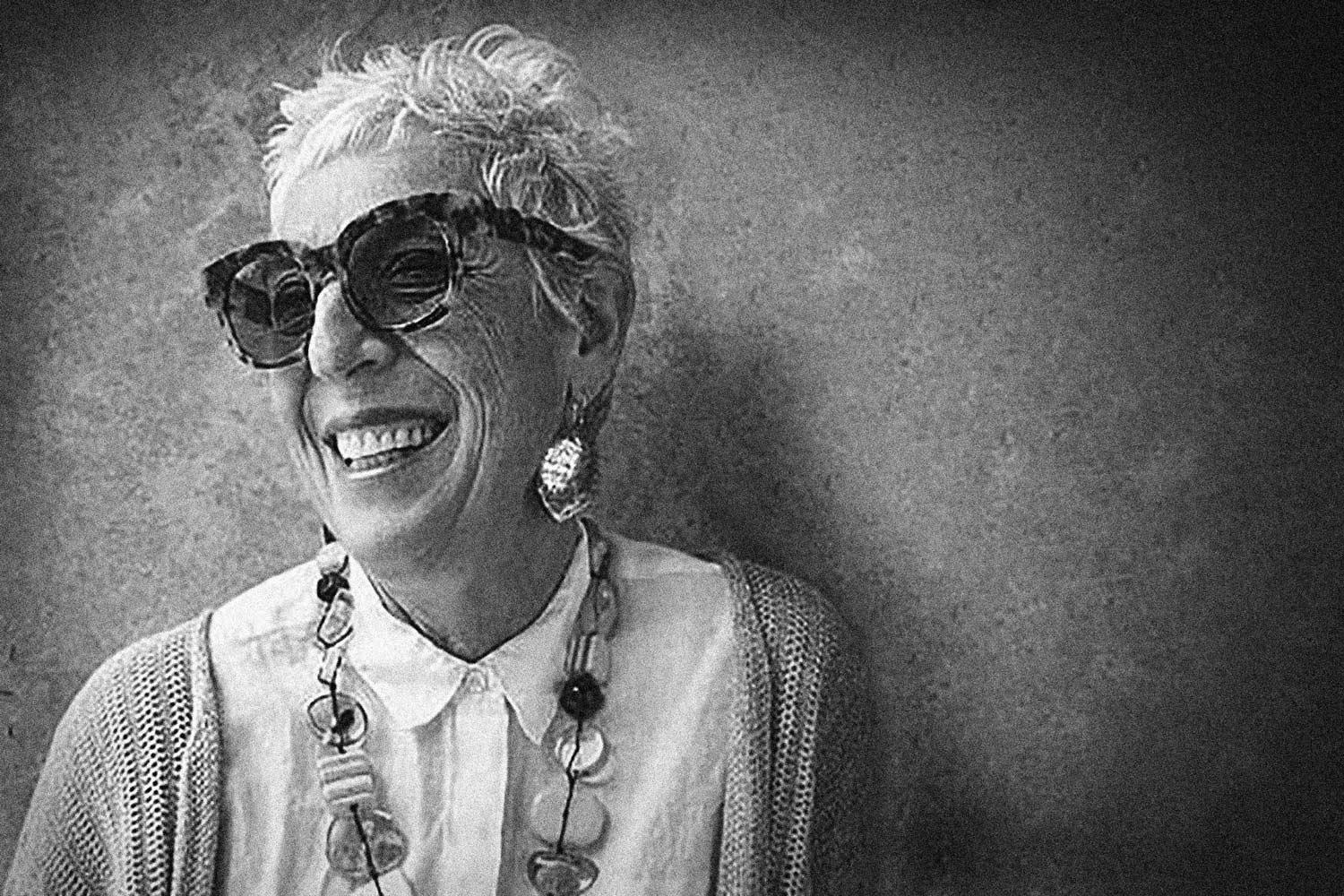
Conversation with food waste fighter and hero Ronni Kahn
You can’t help but be immediately drawn to Ronni Kahn. Her big personality and the tenderness she feels towards people and the planet is completely infectious. Ronni launched Australia’s largest food rescue business, OzHarvest, in 2004. It now feeds many millions of people each year (around 80 million so far) by collecting food that would have otherwise gone to waste. It is fair to say Ronni is one of the leaders in the global fight against food waste and is charging ahead on a mission to change behaviour around it, taking her unique model around the world. We were lucky enough to talk to her about what this all means and how she simply wants to change lives for the better.
Why did you start OzHarvest?
Back when I was an events producer, I was creating a lot of waste. My events were famous for generosity in abundance. When having an event, food is about sharing, caring, dignity and generosity and so food was a lovely way to show that my clients were successful and generous. There was always food left over, and the caterers would just dump it because most of my events were at very unique venues. At the same time, I had reached a point in my life where I wanted to really know what my purpose was. I wanted to know what I had been put on this planet for. I figured I knew about surplus food and I knew there were people in need, and if I could connect the two, it might be a good idea. Back then, I had no idea how many people were going hungry in the world. I didn’t know about the environmental impacts of food going to landfill, of greenhouse gases, nothing. I just felt food rescue was a good idea. It became apparent very quickly that it was a good plan and I guess nearly two million meals later here we are.
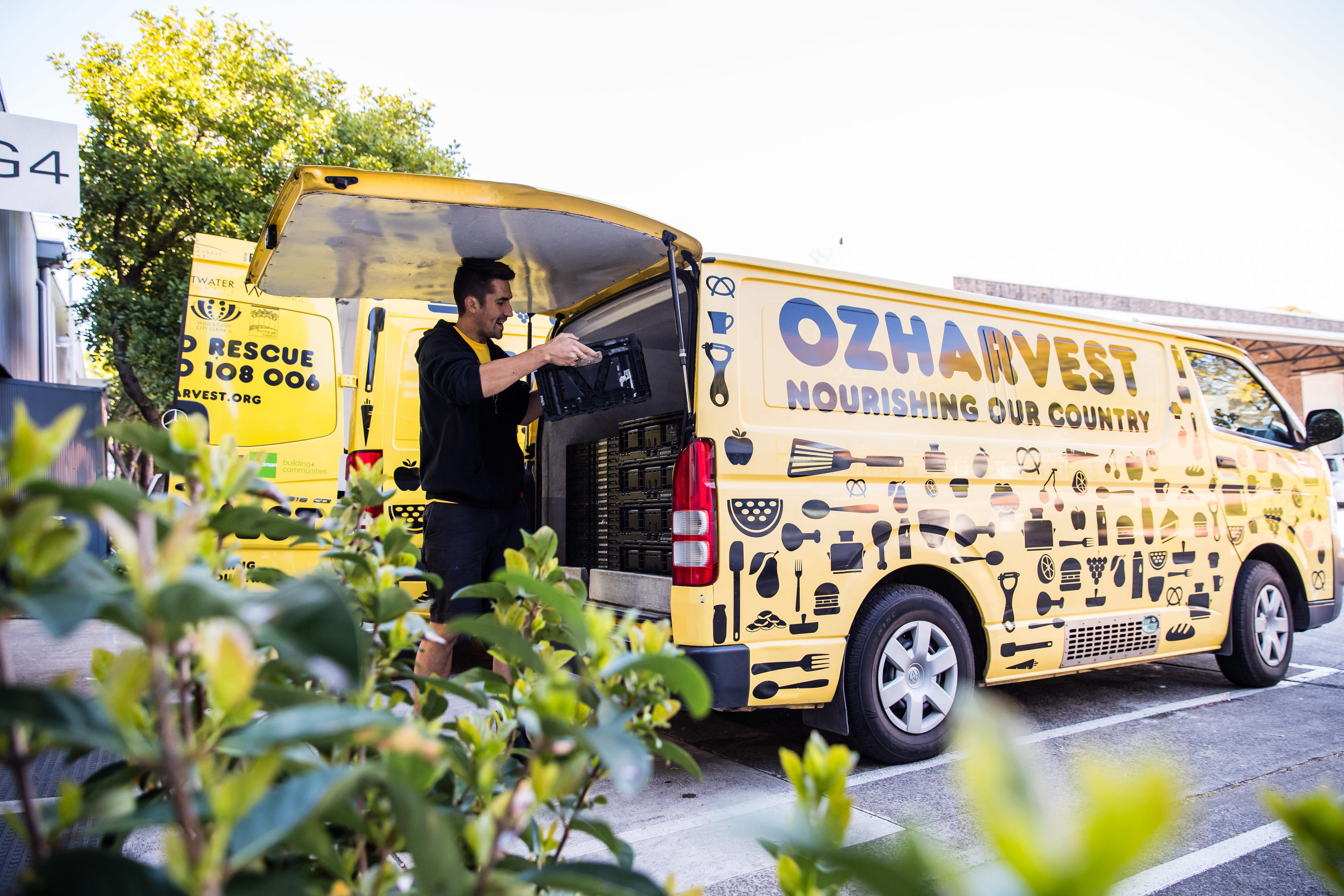
Photo credit: OzHarvest
Would you say that’s been your proudest career moment to date – setting up OzHarvest and seeing where it’s gone?
Without a doubt. What I now know is that this is my destiny and is exactly what I must have been created for other than having two children and now grandchildren.
So obviously you started off redistributing food from events, and then I read that more recently you’ve got some airlines involved.
Yeah, we’ve done two airline deals. What’s unique and most interesting about it is that when I met an IATA person a couple of years ago, he said the only reason it can be done in Australia is because of the way we had the laws changed. This removed the liability from the airlines as the donor, so they are not responsible when they give their food away.
It’s a very exciting programme. It’s still not as good as it could be due to lack of cold storage on airlines and their fear around breaking the cold storage chain. But we are working on a solution to that, and given the quantity of food that gets thrown off every airline it’s an extraordinary coup to break into.
For sure. Do you think this initiative can be used as a vehicle for other airlines around the world if all this can change?
Definitely. There is absolutely no reason why not. We have been working on cruise liners, because an awful lot of food also goes to waste on them. The challenge there is an interesting one, similar to the quarantine issue with international flights: if you’re taking food out of the country and bringing it back. With airlines, we haven’t cracked food coming off internationals yet, it’s only domestic flights for now. So there is still an immense amount of food left over.

Photo credit: OzHarvest
Tell me about the documentary film, Food Fighter, which follows you over two years and across four continents in your crusade to save perfectly edible food.
It’s been the most extraordinary, positive experience. It’s been amazing. We recently had the first public screening and are due to have a premiere in Sydney in June.
Obviously through your work you follow an enormous amount of sustainable practices. How does this transfer into your everyday life? Are you careful about the places you eat in, knowing about how they source their food and what they do with the leftovers?
Yes, I am. First of all, there is a movement and there’s much more awareness about food waste. But actually, for chefs and people who love food, it’s against their principles to waste it. So when people ask me if I collect from all the top restaurants; absolutely not. Those are my ambassadors, those are people who have these top restaurants because they manage both the profit factor of their business, as well as the sustainability of their business. You cannot be truly successful in the food business if you have high volumes of food waste. Certainly in fast food, there are a lot of challenges.
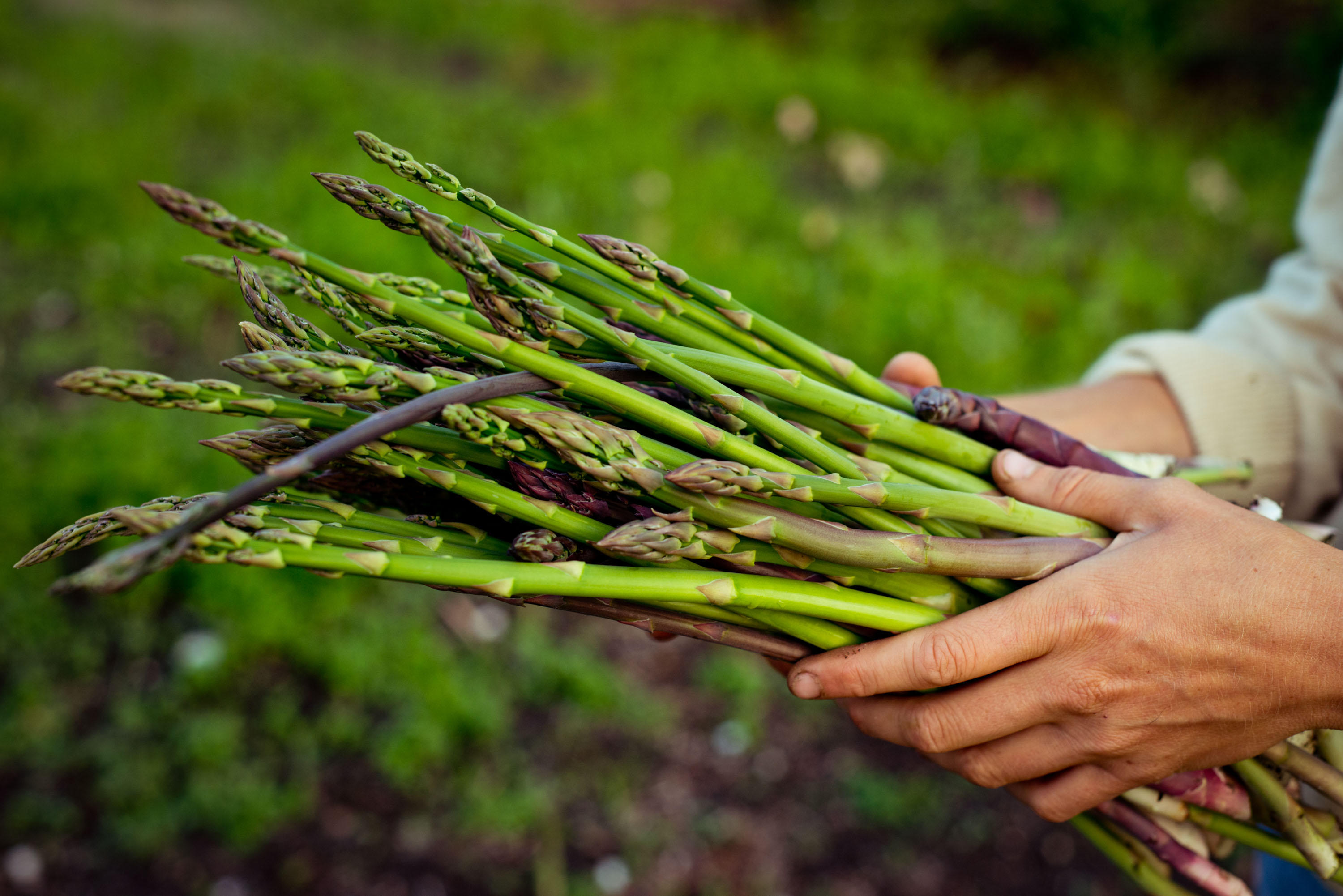
Photo credit: Gabriela Herman
Because we collect food from farm to plate, we collect from farmers, producers, manufacturers, growers and then retailers, caterers and major venues. The ultimate would really be to stop the produce leaving the source, so farmers. If farmers have challenges, we want to support them right there and then. As consumers, we are responsible for the challenge we face because we’ve been re-educated to 24/7 availability, 12 months a year, non-seasonality. When we walk into a supermarket and want to buy cherries, if they are not in season, we can buy them anyway. And in transporting those cherries, so many will go to waste, and then they are on the shelves and we buy them, or we don’t buy them, or we pick through them because we want the firm ones. So, yes, I try very hard personally to support people who support sustainable practice. Personally, I love buying from farmers’ markets and getting fresh produce.
Does a re-education needs to happen at a consumer level to create a mindset shift in how people buy things and the impact it has on the environment?
That’s the core to everything. When I started OzHarvest, food rescue was our core purpose and it still is. But what I’ve realised is that I don’t want to be the biggest food rescue organisation in the world. I want to put us out of business and the only way I am going to do that is through education. So the first pillar is rescue and our second is education, and under this there are four strengths we work on. Firstly, it’s about teaching vulnerable people how to live a more sustainable life, how to cook, how to purchase, and to understand how the food they eat will help them to live a more sustainable life. Second, we take vulnerable kids and put them through a training programme for ones who have never had a role model. We teach them confidence life skills but also hospitality training so they can get a job. We are also in the process of rolling out a new programme called Feast, Food, Education and Sustainability Training. It’s a digital programme for teachers in primary schools. It enables them to learn about sustainability, food waste, healthy eating and healthy cooking. And is a module they can deliver in class. When children learn these things, they taken them back into their own homes. Lastly, and most important, is about all of us as consumers.
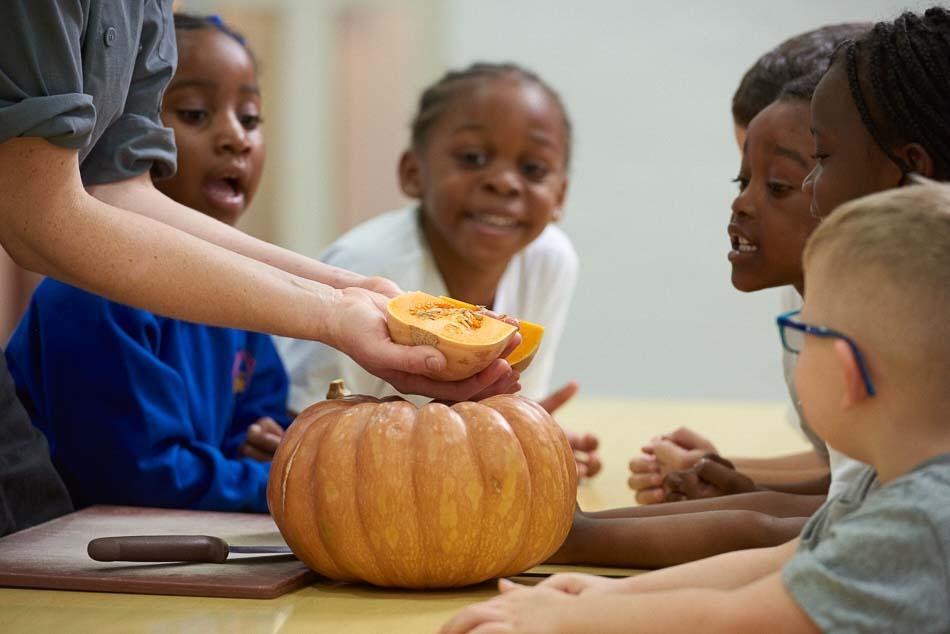
Photo credit: Jørn Tomter
On the back of the Food Fighter film, we have a campaign launching. We’ve never really actively tried to create a movement among consumers, but through this OzHarvest is now launching www.fightfoodwaste.org, a major campaign that won’t end. It’s about working with our partners, creating awareness and giving our tips and education, to help teach all of us how to change our behaviour. What we’ve done to date is the start of a movement, but it isn’t enough.
Do you think at the moment consumers are motivated to change by concern for the planet, money or a combination?
I think it’s a combination. Our research shows we each could save 4000 Australian dollars a year (roughly £2500 or around $3000) by making better use of all food. That’s a significant saving: if you have money, it’s a holiday and if you don’t have money, it means extra food, education and a whole list of things. When people understand their purchasing and how to shop differently they will notice the difference. But the environmental impact of food waste is starting to make a difference to people, which is why this campaign has got to speak to all members of our communities, not just the educated or wealthy. It’s got to go across the board.
Totally. Do you think all the recent political changes that have been bad for sustainable progress, such as Trump and Brexit, are they having an impact on what you are trying to achieve?
Absolutely. When you get people in power behaving in a way that tries to cancel out all the research and education around the environment and sustainability, it has a terrible effect because there is certainly a demographic that believes their leaders know what they are doing. This means the [education] work we have to do is not only doubly hard but doubly important. You have to find a level playing field that in marketing speak is a mega investment to shift and change behaviour.
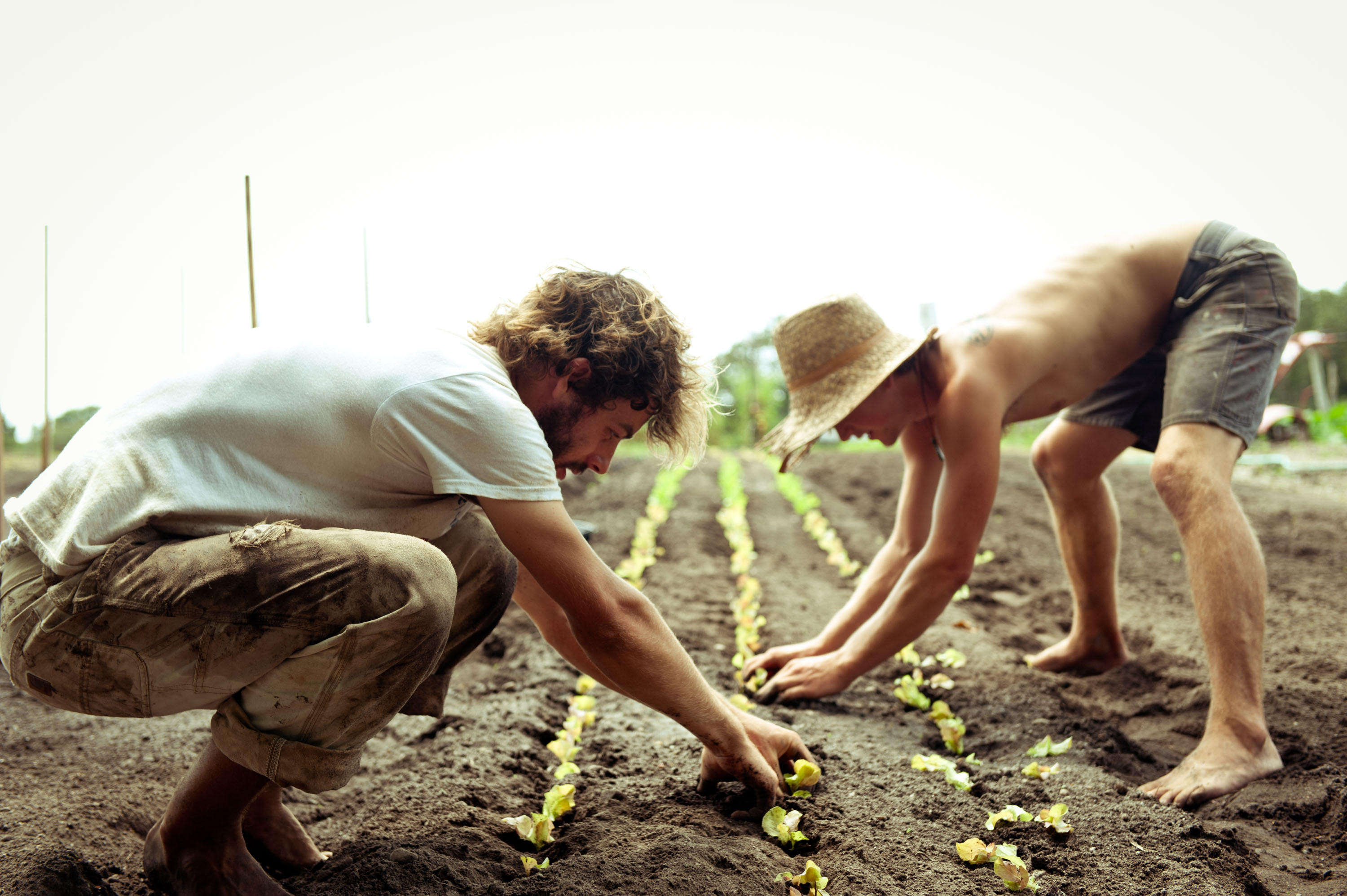
Photo credit: Gabriela Herman
What do you think the role of business is in helping to support all this? And are there any businesses you work with or admire in this respect (in food waste or otherwise) helping to create this shift? A shift not necessarily supported by every government or at least not a top priority.
I think there are three things here: admire, respect and acknowledge. In terms of respect, I would look at a business like Patagonia or other similar brands in the clothing industry. Respect is a challenging word but here in Australia we work very closely with the country’s biggest major supermarket [Woolworths] and there has been a major shift. Their commitment now is food waste and I feel we have got a real partner to work with. And that’s exciting because seven million people go through their stores each week.
Wow, that’s great. You are such inspiring figure and a true leader in entrepreneurship, social impact and innovation. What advice would you have for other women who want to strike out on their own and start to make a difference?
It’s interesting you specify women because actually, I don’t think I have ever experienced a glass ceiling. I have never thought I am doing what I am doing as a powerful woman. I thought I’m doing what I am doing as a global citizen, as an inhabitant of this world. However, I totally get that I have a responsibility as a woman and there are so many who do feel disenfranchised. So I feel there are no barriers; the barriers we have are within our heads. For me, there are no obstacles; there are challenges and my job is to work around them. I think as long as the cause you believe in will make a difference, a positive difference to human beings, then the only limitation is you. Some things take time. But what I believe is possible is that each and every one of us has a responsibility to be the best we can be. And hopefully the best we can be means we don’t hurt our planet and we don’t hurt other people. That notion of living with integrity: it’s about the actions it takes to live as best you can, your own personal footprint, relationships and actions.
I honestly have no idea why I was privileged to do the work I do and start a charitable organisation. Not everybody has to start a charitable organisation in order to prove themselves or to be the best they can be. We can volunteer at organisations, we can support and help people. The three ways most organisations or most people can make a difference is by giving their time, money or by creating an idea that is going to make a huge impact. Not everybody can do all three and even if you can do just one part of those, there is no lesser value to the benefit and influence you can have in this world.
We can all start somewhere no matter what it is or how small.
And that’s exactly it: start somewhere. Wake up today and if you are on your way to work and buy yourself a coffee, and you sit next to someone at work, buy two coffees. See what happens when you walk in and say “I thought about you. I know you like this or that”. It’s a tiny gesture but it will make a huge difference and we don’t always have to think about the biggest change we can make, just start by little incremental steps and it is so addictive. It is so moreish that it becomes the way you want to live your life.
The smaller gestures actually are often more rewarding because the human connection you feel with someone in that moment is worth so much.
Absolutely. Trust me, it’s one little step at a time, always just trying to do the best you can. Do I fail? You better believe it. Do I make mistakes? Yes, but you just pick yourself up and keep going because it’s worth it.
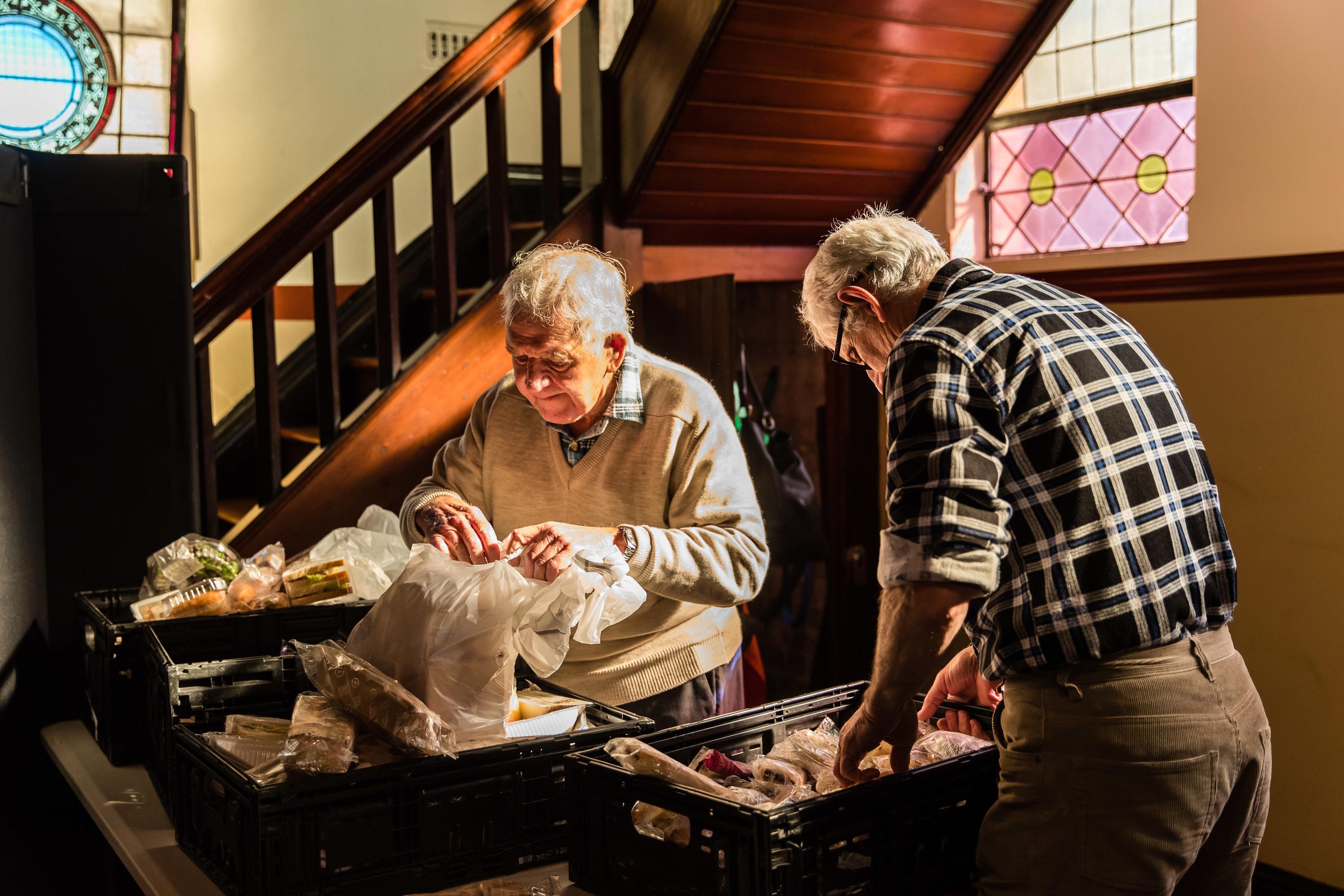
Pic credit: OzHarvest
How has your own mindset shifted since starting OzHarvest?
I don’t think it’s changed much because if my mindset wasn’t what it is today, I don’t think I could be doing what I do now. But I’ll share a little story. I once had to address 5000 youths aged between 15 and 17 and I kind of wondered what on earth I would talk about. But I just got on stage and had fun. The energy was amazing and I shared what I do and why I do it and how joyful it makes me feel. And then came questions and answers. A 17-year-old kid in a hoodie stood up at the top of the auditorium and shuffled to the microphone and said: “I want to thank you because I’ve needed your food and it’s changed my life”. By then I am already bawling and then he asked: “What happens when you wake up and you have a bad day and things aren’t going the way you want them to?” I told him that every single morning I have a choice about what kind of a day I am going to have. I can choose if it is going to be a grumpy day, a happy day, a good day, a fulfilling day, and I made a choice that every single day when I wake up, it’s going to be a great day because nobody else has that choice over me. He asked to come and have a hug and told me I might just have changed his life. By the time he came down, I jumped off the stage and we had this exquisite hug.
Wow. That’s amazing.
A while later, I was doing a talk at a university on World Environment Day and noticed somebody standing in a hoodie at the back of the room. There was something familiar about that and when I finished my talk, this person was walking towards me, and it was that boy. He had been following me and come to a few talks. This was a few years ago and he’s now part of our family at OzHarvest and is the most extraordinary young man, despite a difficult life.
That kind of brings me onto my last question. If you could go back and talk to your younger self what would you say?
I would say all the beliefs you have about yourself are true. I was so painfully lacking in confidence when I was young. But you can be anything you want to be. What I wanted was to travel the world. And I thought what I wanted was glamour and riches. So what I would say is “Don’t be so hard on yourself and believe that you can be whatever you want to be”. But what really helps is having positive role models. And I am grateful to my parents, sisters and neighbours: these people were my community and that’s helped me grow, shape and form into an idealistic human being. I grew up in South Africa under the apartheid era, so seeing all that and knowing it did not have to be the norm, and that actually even if I couldn’t do something about it in South Africa, I could do something about it somewhere, was important to me.
We actually also just got funding to start OzHarvest in South Africa.
Congratulations, that’s amazing. OzHarvest is going to make such a difference there, it really is. That must feel so incredible. You have kind of come full circle back to the place you grew up in.
Yes. When I started OzHarvest here in Australia, a part of the motivation (that I don’t always talk about) was that I left South Africa. I didn’t do anything there. I left Israel and I didn’t do anything there either, and I chose to make Australia my country. I started this organisation motivated to do something meaningful but also spurred on by a sense of guilt that I left those places and wanted to be a conscious citizen of a country.
Who would have thought this journey would end up with being a female role model? I’m sitting as CEO of a successful business that’s having a global impact. But it’s important to remember you cannot do it alone; you cannot be a leader if you don’t have a team. Being an individual working in your own vacuum doesn’t work. It’s all about the people who support you along the way, who believe in you and trust you and it is a huge responsibility.
Ronni you are a wonderful woman and an inspiring person. I’m sure when many people see the Food Fighter film they are going to be blown away by all the incredible work you have done and how humble you are about everything. It’s just quite spectacular.
Photo credit for header image: Dumbo Feather
